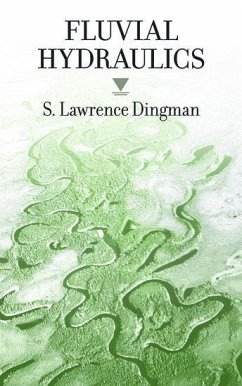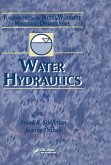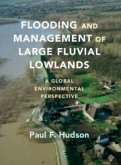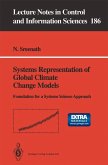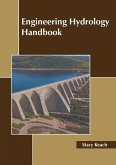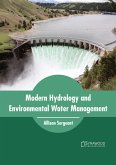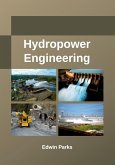Fluvial Hydraulics provides a sound qualitative and quantitative understanding of water and sediment flows in natural rivers. This understanding is essential for modeling and predicting hydrologic and geomorphologic processes, erosion, sediment transport, water supply and quality, habitat management, and flood hazards. This book's coverage bridges the gap between the highly quantitative mechanics-based civil-engineering approach to stream hydraulics and the more qualitative treatments of fluvial geomorphology typical of earth-sciences and natural-resources curricula. Measurements of natural river flows illustrate many central concepts.The book is specifically designed for upper-level students and practitioners who are interested in a fundamental understanding of river behavior. An introduction to the history of fluvial hydraulics and an overview of the morphology and hydrology of rivers provides the context for the rest of the text. A thorough understanding of water properties, including turbulence, is developed via a series of simple thought experiments. The bases of the equations that are used to describe and predict river flows are systematically presented, including dimensional analysis. Subsequent chapters build logically on these foundations, covering velocity distributions, new insights to the central topic of flow resistance, the magnitudes of forces in natural river flows, the principles of conservation of energy and momentum, the prediction of water-surface profiles, the principles of flow measurement, mechanics, and geomorphic aspects of sediment transport. The book will be especially valuable in providing a scientific basis for the growing field of river restoration. An appendix reviews dimenstions, units, and numerical precision. Over 250 references are cited, providing an entree to the extensive multi-disciplinary literature on rivers. The book's website provides suggestions for student exercises and makes available extensive data bases of measured streamflows for student exploration.
Hinweis: Dieser Artikel kann nur an eine deutsche Lieferadresse ausgeliefert werden.
Hinweis: Dieser Artikel kann nur an eine deutsche Lieferadresse ausgeliefert werden.

